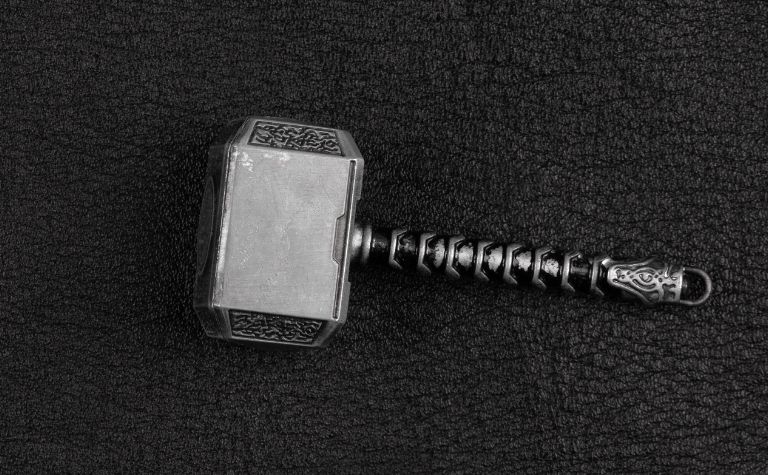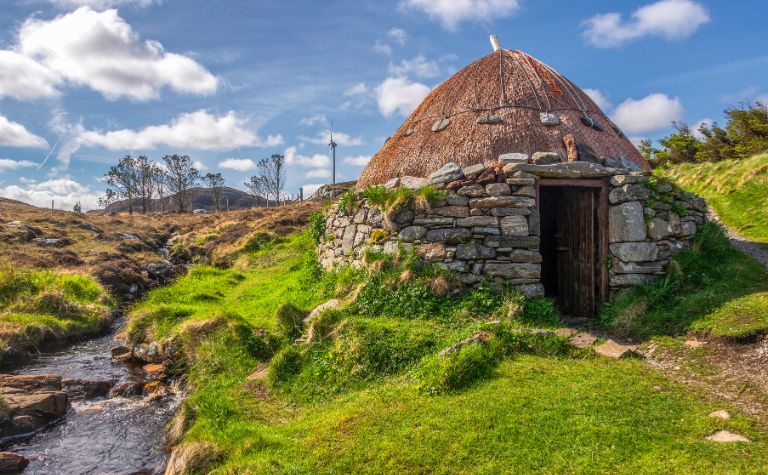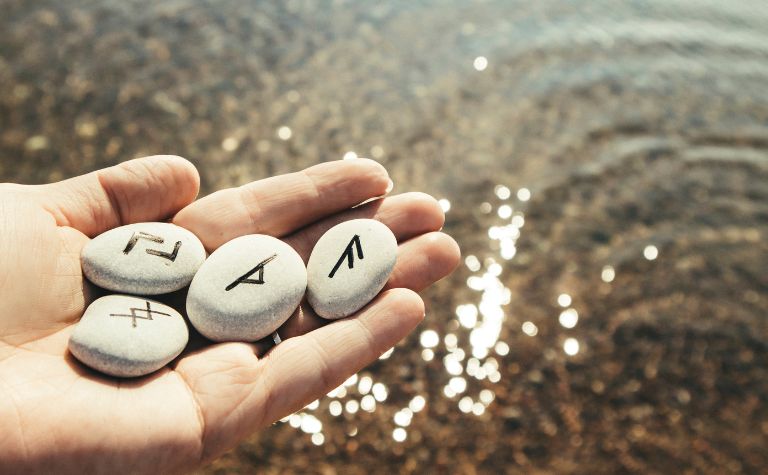Although it’s not as popular as Greek and Roman mythologies, Norse mythology is relatively well-known. However, Celtic mythology isn’t something most people know much about.
Some people may even think the two are the same, but are they?
Norse mythology comes primarily from the Vikings, largely of Scandinavian descent, while Celtic mythology has its origins in Irish, Scottish, and Gaulish lore.
The gods in each pantheon have different names, but in some ways, they resemble one another.
For example, Odin, Thor, and Ullr all have similar, though not exact, counterparts in Celtic mythology.
This article will examine some similarities between the two mythologies and the difference between Celts and Vikings.
Also, see Norse Gods vs. Greek Gods: Difference to learn more.

Is Celtic Paganism the Same as Norse Paganism?
Norse paganism and Celtic paganism have many similarities but aren’t the same. Both are polytheistic religions that deify gods and goddesses representing aspects of the natural world.
They also share similar stories and recurring themes and have gods with similar attributes.
Both the Celts and the Vikings (Norsemen) lived throughout Europe at various times in history. Geographically, the areas in which they lived weren’t that far apart.
The Vikings even invaded lands once settled by the Celts during their vast expansion throughout Europe.
Additionally, the Vikings and Celts may have come in contact with one another early in the Viking era.
If not, it’s almost certain that the Vikings’ ancestors encountered the Celts. [1]
Because of their close geographic proximity (though they lived in different eras), it’s not surprising that there are overlaps and similarities between their belief systems.
Scholars believe that some of their gods were the same and that their names were simple translations from one culture to the other.
Nuadhu and Scathach are examples of this; their Norse counterparts are likely Njord and Skadi. [2]
Other Similar Norse and Celtic Gods
There are also similarities between other Norse and Celtic deities.
For example, both Ullr and Odin are comparable to the Celtic god Cernunnos. [3] All three gods have associations with the Wild Hunt.
They all have close connections with animals and the woods, and even their descriptions are somewhat similar.
Odin also relates to another Celtic god, Lugh. Lugh was one of the most powerful of all the Celtic gods, just as Odin was the All-father or ruler of the Norse gods.
They are both known for their affinities with ravens, intelligent minds, and love of poetry and the arts.
The Norse Thor and Celtic Dagda have much in common, as well. Both are fierce, powerful war gods, the protectors of their respective pantheons.
They both wield hammers and are primarily considered jovial and full of good humor.
The Celtic gods Esus and Taranis (whose name literally translates to ‘Thunderer’) are much like the Norse gods Odin and Thor. [4] [5]
Esus (‘Lord’ or ‘Master’) is incredibly wise and powerful, like Odin; Taranis was a great warrior.
Depictions of Taranis often showed him astride a “serpent-footed monster.” In Norse mythology, Thor slays the World Serpent, Jormungandr.
Furthermore, even the lesser gods in both pantheons have similar counterparts.
The Celts had the Morrigan; the Norsemen had the Fates. The Celtic sun god is Belenus; the Norse sun god is Baldr.
Both groups even had gods of persuasion and coercion: Ogmios (Celtic) and Bragi (Norse). [6]
However, just because there are glaring similarities doesn’t mean the two mythologies are the same.
It’s often easy to find parallels between various polytheistic religions, as people used such myths to define the world. Even the Greeks and Romans had sun gods, war gods, and the like.
Also, see Does Norse Mythology Have Demons? to learn more.

Were Vikings Celtic or Norse?
The Vikings were Norse. Sometimes called Norsemen, they were seafarers and raiders primarily from the Scandinavian regions of Europe.
They mostly lived between 793 AD and 1066 AD. During that time, they expanded out of Scandinavia and into other areas of Europe, the Americas, and even Asia.
The Vikings did eventually inhabit many of the same regions as the Celts.
However, they lived long after most Celts had died or transitioned from scattered tribes to stationary communities of Englishmen, Scots, etc.
The two groups had much in common, including their propensity for traveling and belief in polytheistic gods tied to nature. However, they weren’t the same.
What’s the Difference Between Celts and Vikings?
The primary differences between Celts and Vikings include the regions they mainly inhabited and the periods in which they lived.
Celts lived primarily in modern-day England, Ireland, Wales, and Scotland from 600 BC until the first century AD. Vikings came from Scandinavia in the 8th-11th centuries.
The two groups had much in common in terms of lifestyle and day-to-day activities. Both lived in small groups (tribes or clans) and were farmers, blacksmiths, and artisans.
They were both well-known for their skill in battle and had similarly progressive views on women.
For example, women in the Viking era could fight alongside their men, though that didn’t happen nearly as often as today’s pop culture implies that it did.
They could also own property, initiate divorce proceedings, and have a say in who they married.
Celtic women also fought with their men. They were trained alongside them in the use of various weapons.
The Celts also educated their females and allowed them to choose their husbands and sexual partners. [7]
It’s important to note, however, that both Celtic and Viking societies were still male-dominated.
Literature does exist that depicts the Celts as living in women-dominated (matriarchal) cultures, but most scholars and reputable sources disprove this as false.
Also, see Is the Tesseract in Norse Mythology? to learn more.

Is Loki a Celtic God?
Loki is not a Celtic god; he is a Norse god. Some sources link him to the Celtic god Lugh because of the etymology of their names.
Additionally, both are notorious tricksters and have connections to mistletoe. However, most scholars disagree with this association.
Lugh also has connections to Odin, Baldr, and even Ullr. Therefore, it’s likely that these similarities are more coincidental than intentional.
Final Thoughts
Norse mythology and Celtic mythology have many similarities, but the two are very different. They also served as beliefs for two distinct groups of people.
Also, see What Is Seidr in Norse Mythology? to learn more.
References:
[1] Source
[2] Source
[3] Source
[4] Source
[5] Source
[6] Source
[7] Source
